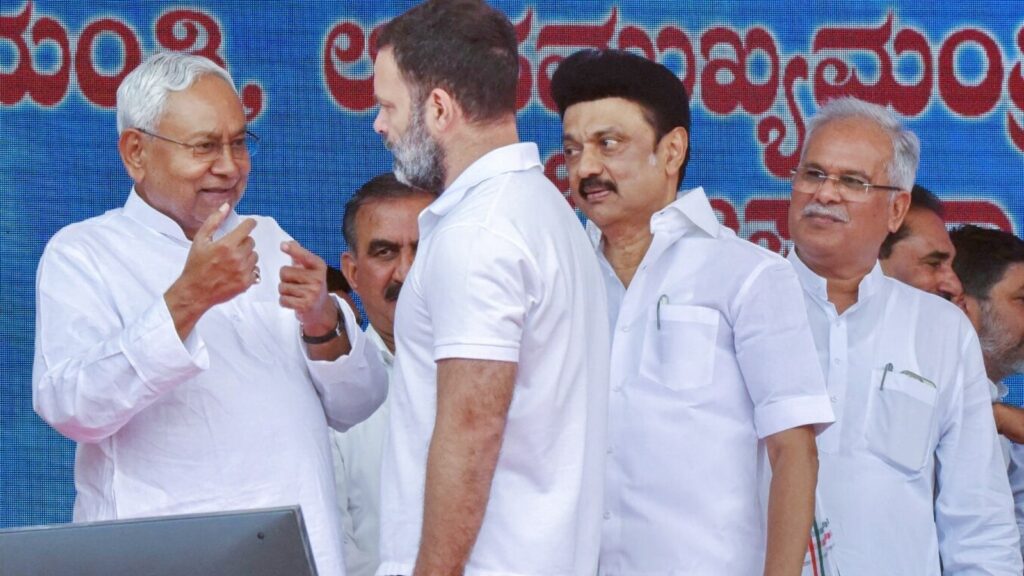Opposition leaders will gather on June 23 to thrash out a common plan to take on the Bharatiya Janata Party (BJP). On the table are likely to be ideas for a common programme, contours of a common agenda in Parliament and outside, and thoughts on what a grassroots agenda could look like. These are important questions, but for the Opposition, a more urgent topic should be ironing out the creases within the fold. Sample this: Delhi chief minister (CM) Arvind Kejriwal hinted on Tuesday that an ordinance promulgated by the Centre that effectively overrode a Supreme Court judgment is likely to be on the agenda. The Congress appears to be caught in two minds about backing the Aam Aadmi Party (AAP) when the ordinance comes to Parliament for approval. No doubt, this dilemma is because in Delhi and Punjab, the Congress and the AAP are direct competitors. In a third state, Rajasthan that goes to the polls in a few months, the AAP is looking to gain a foothold and Mr Kejriwal has attacked CM Ashok Gehlot, accusing him of copying the AAP’s social-justice agenda. Can this contradiction be resolved, especially when such strategies are crafted with electoral dividends in mind?
It’s not just the AAP. Samajwadi Party chief Akhilesh Yadav, too, appeared to send a message to the Congress when he said, “We hope all those parties which wish to defeat the BJP will support SP with a big heart.” In the past, he has sought to be equidistant from the BJP and the Congress and said both are the same. For electoral reasons, the Trinamool Congress and the Bharat Rashtra Samithi cannot share a common platform with a party that is a bitter rival at the state level. In this minefield of contradictions, forging a path ahead for the Opposition will require foresight, nimbleness and flexibility.

